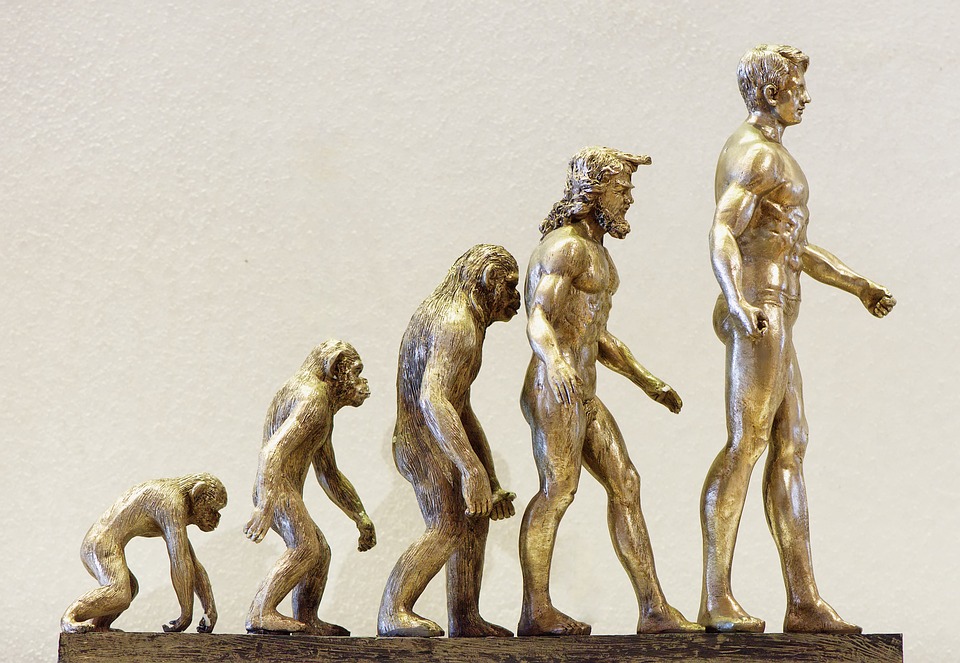Exploring the Cultural Impact of Musical Evolution
The Power of Music in Shaping Culture
Music has always played a crucial role in shaping the cultural landscape of societies around the world. From ancient tribal chants to modern-day pop hits, music has the power to evoke emotions, spark movements, and bring people together. As musical styles and genres evolve over time, they reflect not only the changing tastes and preferences of audiences but also the shifting values and beliefs of society as a whole.
Historical Perspectives on Musical Evolution
Throughout history, music has been a driving force in cultural evolution. For example, the rise of jazz in the early 20th century was not only a musical revolution but also a social one. Jazz music, with its roots in African American culture, became a symbol of resistance and empowerment for marginalized communities. It challenged the status quo and paved the way for greater racial equality and acceptance in American society.
Similarly, the emergence of rock ‘n’ roll in the 1950s brought about a cultural revolution of its own. With its rebellious spirit and raw energy, rock ‘n’ roll spoke to a generation of young people who were ready to challenge authority and break free from the constraints of their parents’ generation. The music of artists like Elvis Presley and Chuck Berry was a catalyst for social change, paving the way for the countercultural movements of the 1960s.
The Globalization of Music
As technology has advanced and the world has become more interconnected, music has become a truly global phenomenon. The rise of streaming platforms like Spotify and Apple Music has made it easier than ever for people around the world to discover and listen to music from different cultures and traditions. This has led to a greater exchange of musical ideas and influences, resulting in a richer and more diverse musical landscape.
The globalization of music has not only broadened our musical horizons but also deepened our understanding of other cultures. Through music, we are able to connect with people from different backgrounds and share in their experiences and perspectives. This cultural exchange can lead to greater empathy and understanding between individuals and communities, fostering a sense of unity and interconnectedness.
The Evolution of Musical Genres
One of the most fascinating aspects of musical evolution is the way in which genres develop and transform over time. What starts as a niche musical style can often evolve into a mainstream phenomenon, shaping the tastes and preferences of audiences in unexpected ways. For example, hip-hop music, which originated in the Bronx in the 1970s as a form of self-expression for marginalized communities, has since become one of the most popular and influential genres in the world.
The evolution of musical genres is often driven by a combination of artistic innovation, cultural trends, and technological advancements. The rise of electronic music, for example, was made possible by the development of new synthesizers and drum machines, which allowed artists to experiment with new sounds and textures. This innovative spirit continues to drive the evolution of musical genres today, as artists push the boundaries of traditional genres and blend influences from different musical traditions.
The Social Impact of Musical Evolution
Music has the power to bring people together, inspire change, and challenge the status quo. Throughout history, musicians have used their platform to speak out against injustice, advocate for social change, and amplify the voices of marginalized communities. From protest songs of the Civil Rights Movement to anthems of empowerment for the LGBTQ+ community, music has been a powerful tool for social activism and advocacy.
In recent years, the #MeToo movement has sparked a wave of music that addresses issues of gender inequality and sexual assault. Artists like Beyoncé, Lady Gaga, and Taylor Swift have used their music as a platform to speak out against misogyny and empower women to stand up for themselves. These songs have become anthems of empowerment and solidarity for women around the world, inspiring a new generation of activists and advocates.
Conclusion
In conclusion, the evolution of music has had a profound impact on culture and society. From its origins in ancient rituals and ceremonies to its modern-day role as a global phenomenon, music has the power to shape our beliefs, inspire our actions, and unite us as a global community. As we continue to explore the cultural impact of musical evolution, we must recognize the transformative power of music and the role it plays in shaping our world.

Leave a Reply